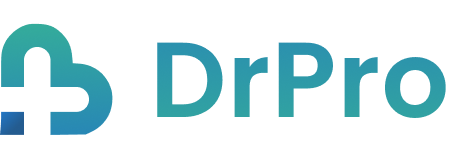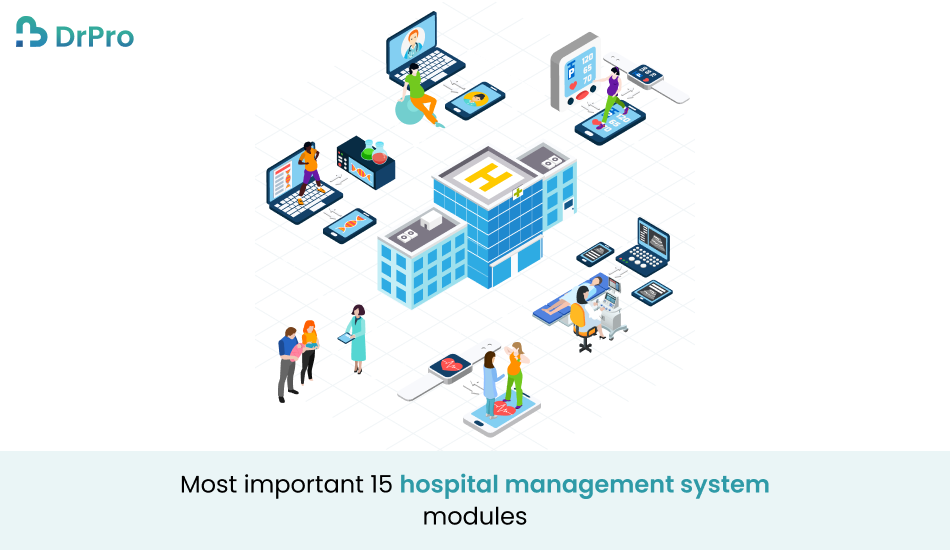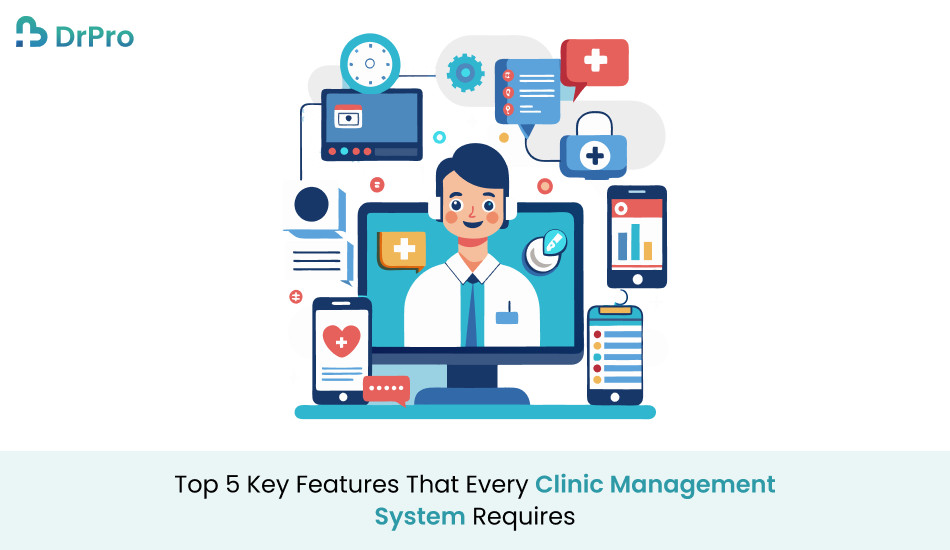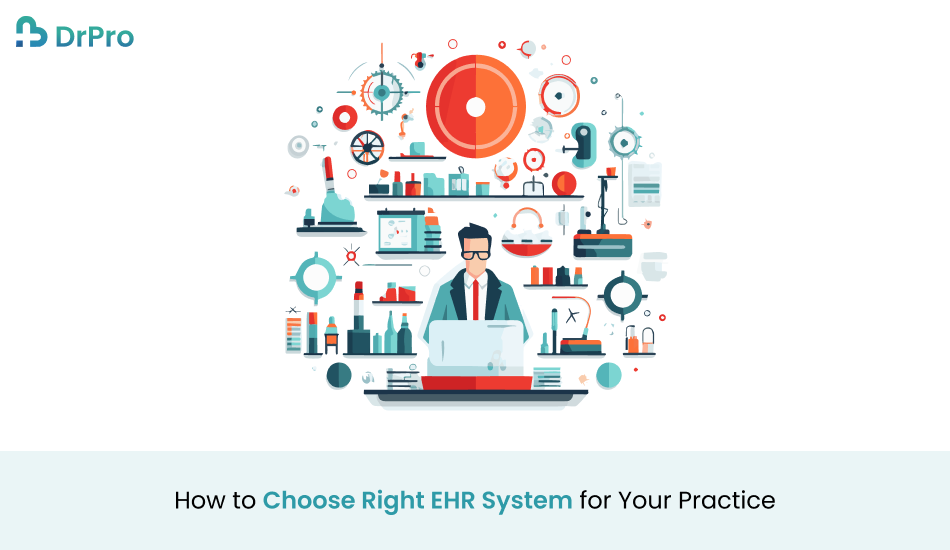Most important 15 hospital management system modules
The success and speed of facilities have become essential in the transforming healthcare system. Hospital management systems, or HMS, have become important equipment to enhance patient care, improve efficiency, and make the best use of the resources at hand. This type of system includes multiple functions and maintains a whole platform to manage the hospital management system modules and clinical processes. An evolved method of management must be taken because of the details of healthcare processes, where multiple parts work to offer seamless services. Each module helps the general success of the institution by tackling specific areas of management of resources, patient care, and management of the hospital management system modules. This article analyzes the top 15 modules of HMS, including how it works, advantages for patients and healthcare providers, and roles. Section for Patient Registrations A hospital’s services can be available with the patient registration module. Important information about patients, such as billing information, medical history, and personal details, is saved in this module. Effective solutions for the registration of patients reduce the wait, provide the correct data collection, and improve patient treatment in general. It provides easy data flow with connections with other modules, improving the communication between the different departments. As for the healthcare providers, this module is vital to creating the full patient picture. It plays an important role in admission and also eliminates many duplications, especially in the collection and flow of patient information across the departments. These modules also provide an avenue to enhance communication between the various departments to enhance patient flow into their respective health care path. Schedule of Appointments Module One of the most important facets of patient care is keeping appointments. Appointment scheduling, rescheduling, and cancellation become easy with the support of this section of the site. It avoids the chance of scheduling or inactivity of resources by helping doctors and other healthcare providers handle their appointments. Reminders are another aspect of advanced systems that help reduce the number of missed appointments and improve the success rate of helpful services. Another interesting feature of this particular module is the notice system whereby the system will remind the patients of their next appointment. This helps minimize the number of no-shows and effectively manages the schedule among the practitioners in the DrPro‘s hospital management system modules. This module provides information about the availability of doctors in real-time contributes to the reduction of patients’ wait time and has a positive impact on patient satisfaction. Module for Electronic Medical Records The EMR modules are important for the delivery of current healthcare. It includes detailed patient medical records that involve outcomes of tests, treatment history, treatment plans, and results. EMRs improve the usual level of care by providing healthcare providers immediate access to patient data, allowing decision-making based on It also promotes effective communication as well as continuity of care among different healthcare professionals. Furthermore, EMRs also enhance the cooperation of different caregivers. When interfaced with other systems like laboratory information or radiology systems, the EMR System makes sure that any important information on a patient is always updated and readily retrievable. This module also decreases the chances of mistakes, enhances the safety of patients, and meets legal requirements that include HIPAA. Lab Information System Module The process of placing assessments, tracking examples, and reporting results are each performed with the Laboratory Information System module. It ensures without mistakes and efficient examinations, it speeds up the process of diagnosis and therapy. In connecting with the EMR section, professionals can see test results right away, improving the speed and accuracy of medical activities. When connected to the EMR module, LIS allows clinicians to view the results of the tests performed, facilitating ‘real-time’ decision-making at a substantially faster rate. This module also minimizes the possibility of some mistakes in laboratory activities and brings about efficient reporting from the laboratory to other departments in the hospital management system modules. In conclusion, the LIS optimizes diagnostic precision, optimizes patient care, and optimizes the use of a laboratory’s resources. Module of the Radiology Information System The Radiology Information System module handles the radiology department process. Using processes, includes scheduling, reporting, following radiological images, and registration of patients. The fast maintenance and recovery of images made possible through the Image Saving and Communications Network Connect improves diagnosis. This section suggests that radiology services are available and that healthcare providers can get the used data. The RIS module enables the radiologists to access the imaging data hence enhancing the time and accuracy in making the diagnoses. This module also helps in enhancing interaction with other departments since images and reports are produced and readily accessible in real time. Reporting capabilities of the RIS include the analysis of the radiology department’s work schedule to minimize the waiting time for patients and hence increase their satisfaction. Module for Pharmacy Management The pharmacy management module is charged with handling medical device supplies, sales, and billing. It ensures that medicines get around successfully and that stock levels stay the same. Benefits patient security and the search for different treatments and skin allergies. Mostly because technology improves mistakes made by human interest and the quality of medical facilities. This module also involves bills and insurance claims for the supply of medications and makes the pharmacy’s operation processes clear. Through the processes captured in the pharmacy management module, many of the procedures are implemented in the management of medication and this eliminates the possibility of human interference. Module for Invoicing and Billing The medical facility’s billing and process module helps each employee with things every day. A software-based billing process guarantees every service provided is properly noted and maintained to date. This module is used to manage patient billing, insurance claims, and payment tracking. It provides payment on time, improves the management of revenue cycles to avoid human mistakes, and improves the standard of billing. This module can be said to play a very important role in the hospital management system modules of the revenue cycle. The points made
Most important 15 hospital management system modules Read More »




